Poo sticking to a rabbit's coat, often referred to as "poopy butt" or "fecal matting," can be a significant problem for several reasons, impacting the rabbit's health and well-being. Here are the key issues and the scientific basis behind them:
1. Fly Strike (Myiasis)
One of the most severe consequences of fecal matting is the risk of fly strike. Flies are attracted to the soiled area and lay eggs, which hatch into larvae (maggots). These maggots can burrow into the rabbit's skin, causing severe tissue damage, infections, and potentially fatal outcomes. Studies have shown that fly strike is a common issue in rabbits with poor hygiene or those unable to groom themselves properly .
2. Skin Infections and Irritations
The accumulation of feces can lead to skin infections and irritations. Fecal matter is rich in bacteria, which can proliferate in the warm, moist environment created by the matted fur. This can cause dermatitis, abscesses, and other skin conditions. Research indicates that the skin of rabbits is particularly sensitive to bacterial infections when exposed to prolonged moisture and dirt .
3. Hygiene and Grooming Difficulties
Rabbits are generally clean animals and spend a significant amount of time grooming themselves. However, certain conditions can impede their ability to maintain hygiene. Obesity, dental problems, arthritis, or spinal issues can prevent a rabbit from reaching its hindquarters to groom effectively. Studies highlight that impaired mobility or dental diseases are common reasons why rabbits might fail to keep themselves clean .
4. Digestive Issues
The presence of fecal matter on the coat can indicate underlying digestive problems. Rabbits produce two types of droppings: hard fecal pellets and softer cecotropes, which they re-ingest to obtain essential nutrients. Failure to consume cecotropes, often due to obesity or spinal issues, results in these nutrient-rich droppings sticking to the fur. This can lead to nutritional deficiencies and further health complications .
5. Discomfort and Stress
Having feces stuck to their coat is uncomfortable for rabbits and can cause significant stress. Chronic stress in rabbits can lead to decreased immune function, making them more susceptible to infections and other illnesses. Behavioral studies in rabbits indicate that poor hygiene and associated discomfort can lead to changes in behavior, including decreased activity and social interaction .
Why Rabbits Can't Clean Themselves
Several factors can prevent rabbits from cleaning themselves adequately:
- Obesity: Excess weight makes it difficult for rabbits to reach around to their hindquarters.
- Dental Problems: Dental issues can cause pain when attempting to groom.
- Arthritis or Mobility Issues: Joint pain and stiffness limit grooming ability.
- Spinal or Neurological Problems: Conditions affecting the spine or nervous system can hinder grooming movements.
Preventative Measures
Owners can take steps to prevent fecal matting, such as:
- Regular grooming and checking for signs of fecal accumulation.
- Ensuring a balanced diet to prevent obesity and digestive issues.
- Regular veterinary check-ups to address dental, mobility, or other health problems early.
Conclusion
Fecal matting in rabbits is a significant health concern that can lead to severe complications, including infections, fly strike, and nutritional deficiencies. Preventative care and regular monitoring are crucial to maintaining a rabbit's health and preventing these issues.
References
- Harcourt-Brown, F. (2002). Textbook of Rabbit Medicine. Butterworth-Heinemann.
- Meredith, A., & Lord, B. (2014). BSAVA Manual of Rabbit Medicine and Surgery. BSAVA.
- Kelleher, S., & Shaw, D. (2011). Rabbit Health in the 21st Century Second Edition: A Guide for Owners and Breeders. iUniverse.
- Jenkins, J. R. (2009). Rabbit Grooming: Keeping Your Bunny Clean. Exotic DVM.
- Vella, D. (2012). Veterinary Care of the Domestic Rabbit. Journal of Exotic Pet Medicine, 21(4), 347-354.
- Halls, V. (2018). Rabbit Medicine and Surgery: Self-Assessment Color Review. CRC Press.
- Borsberry, S. (2001). Practical Rabbit Medicine. Blackwell Science.

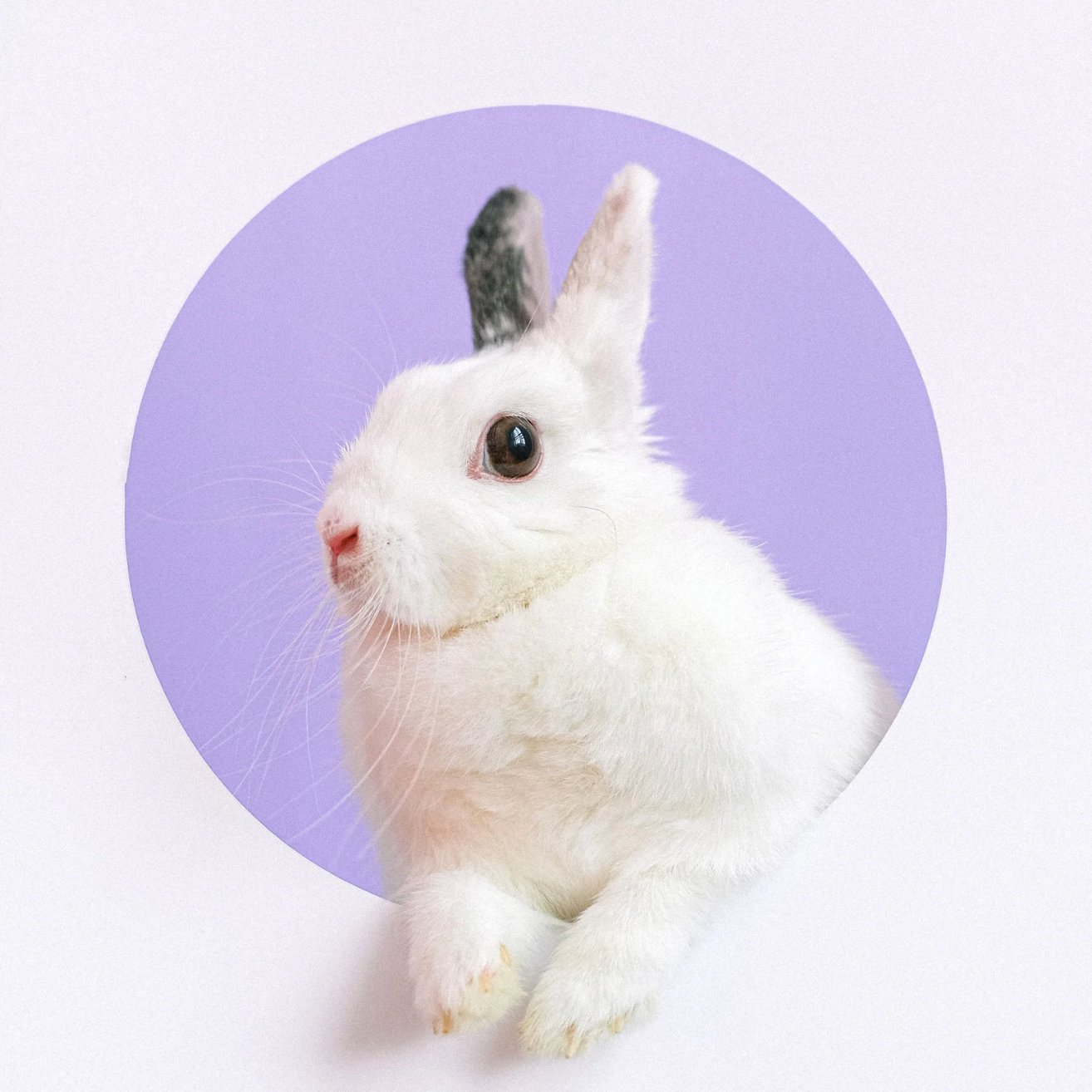
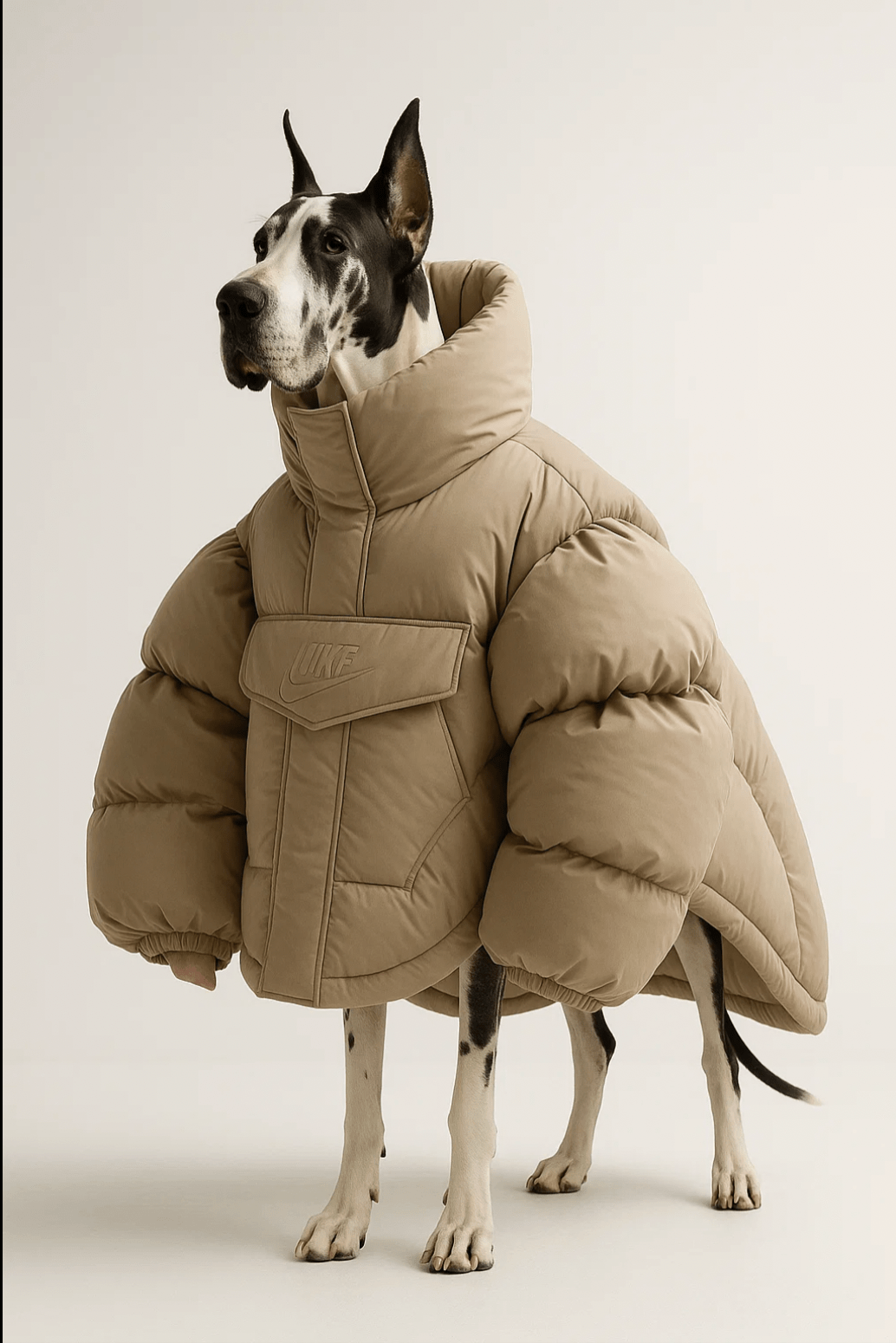

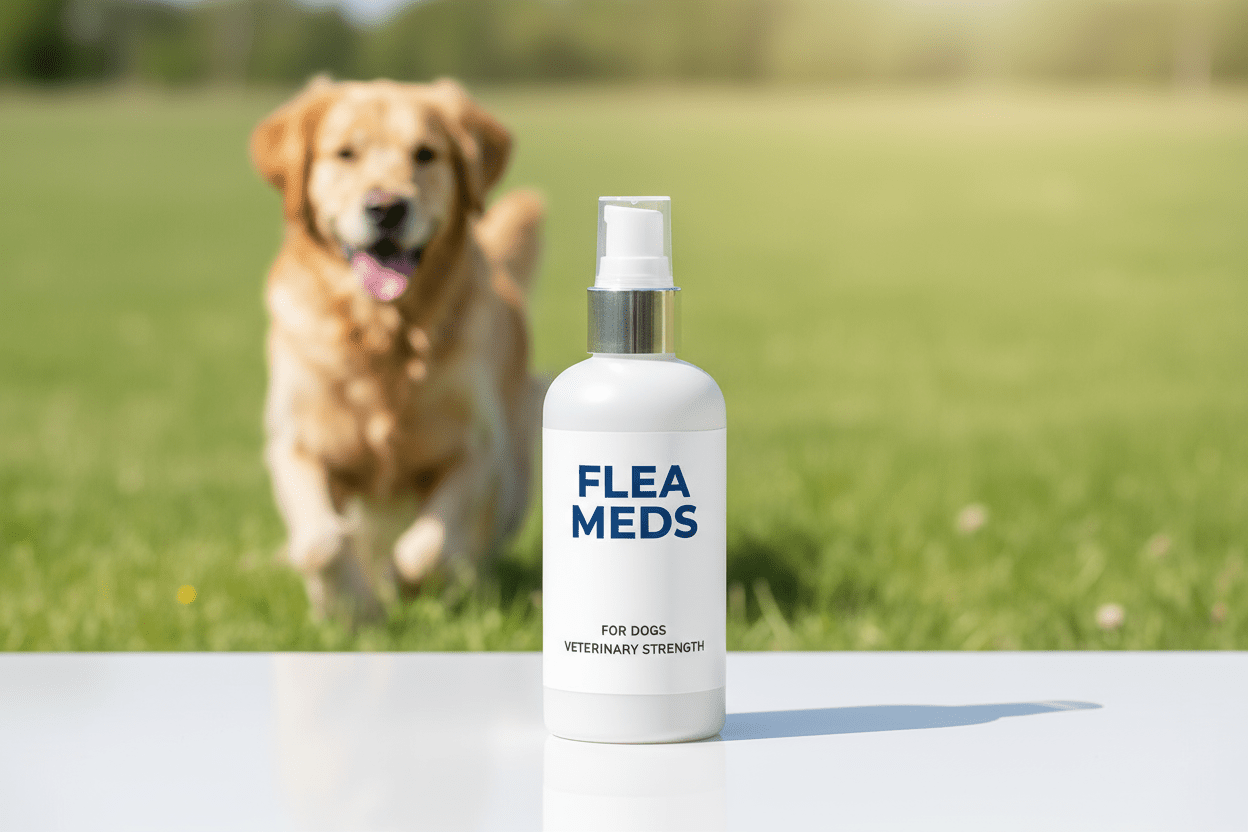


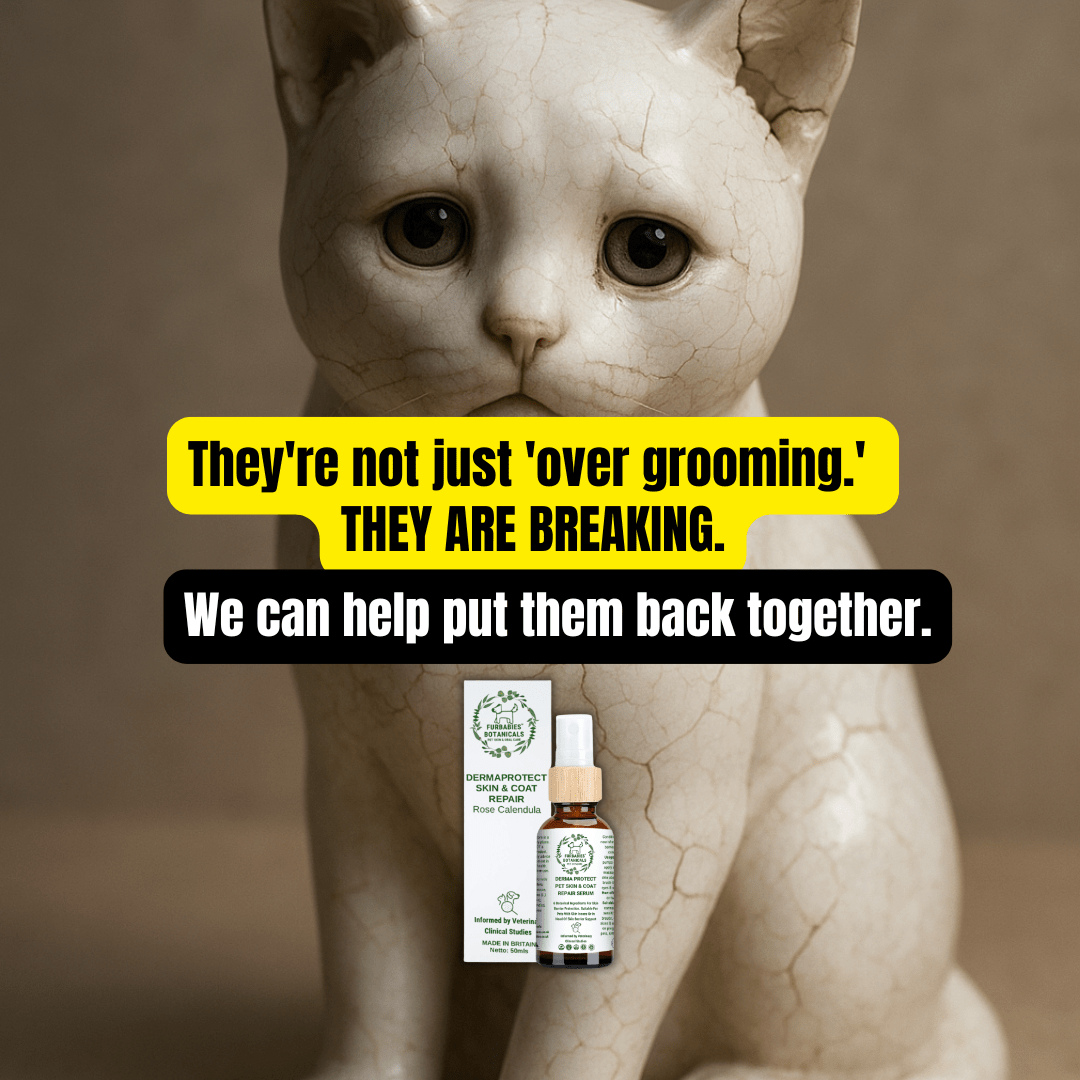
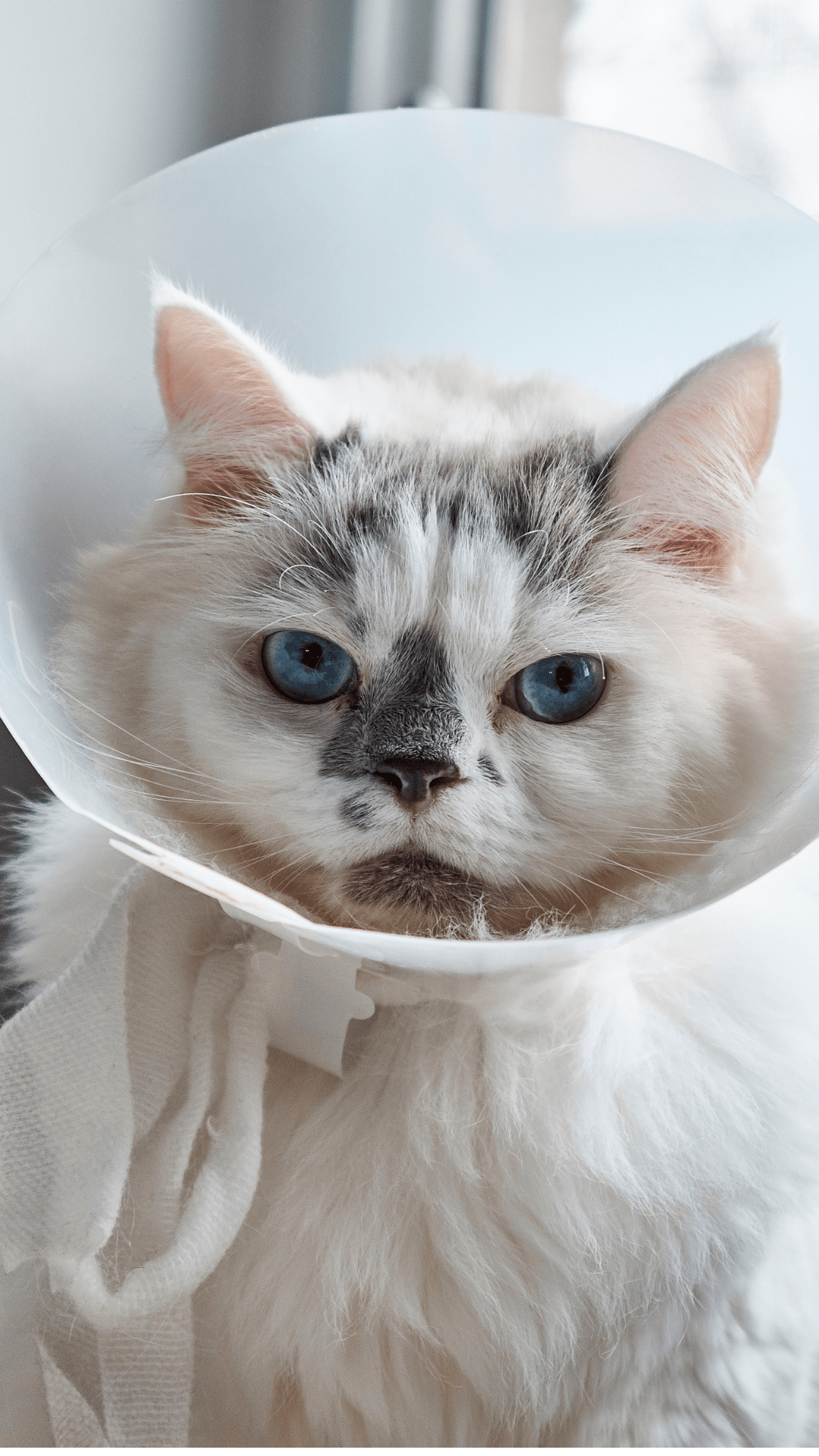
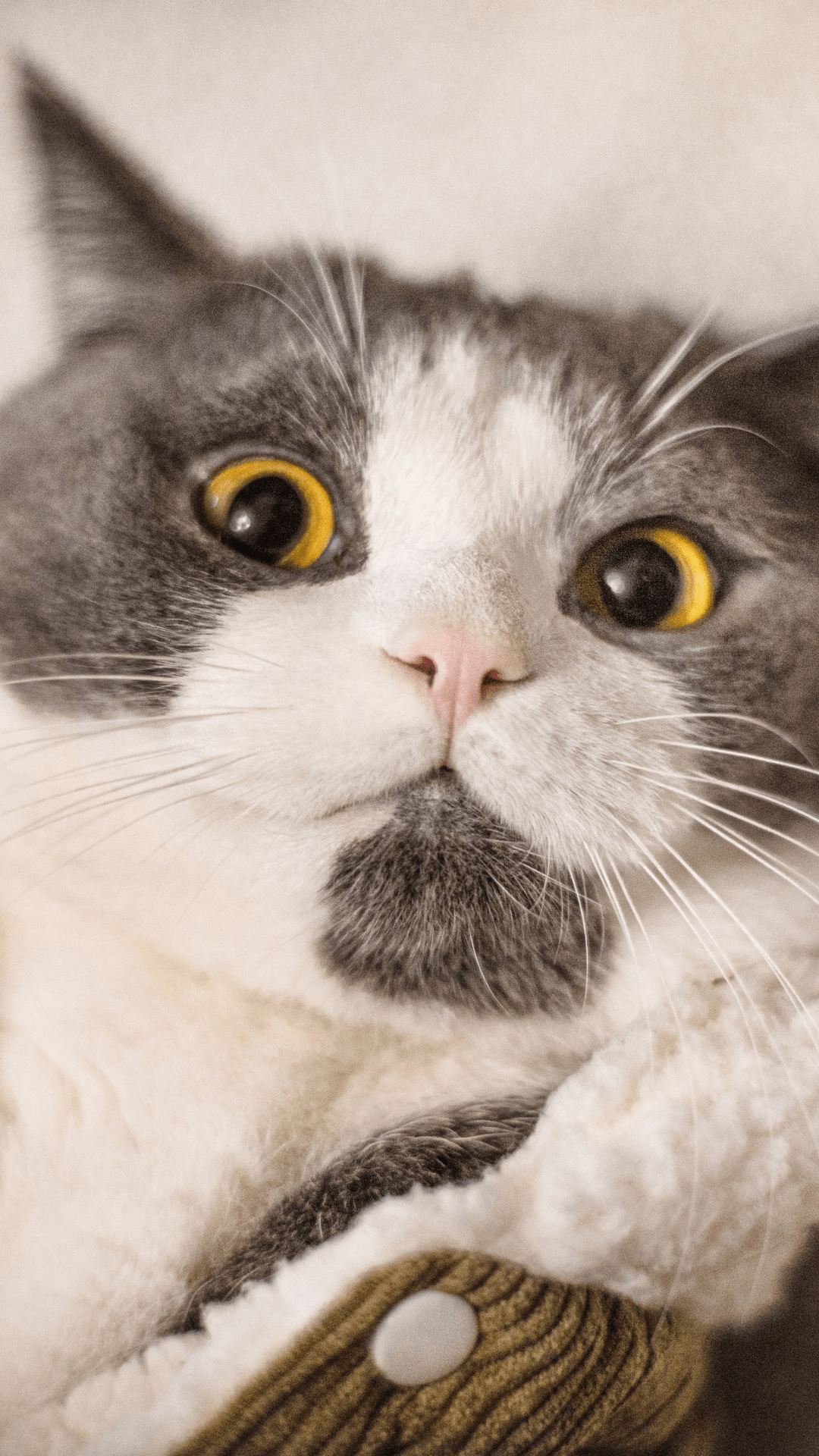
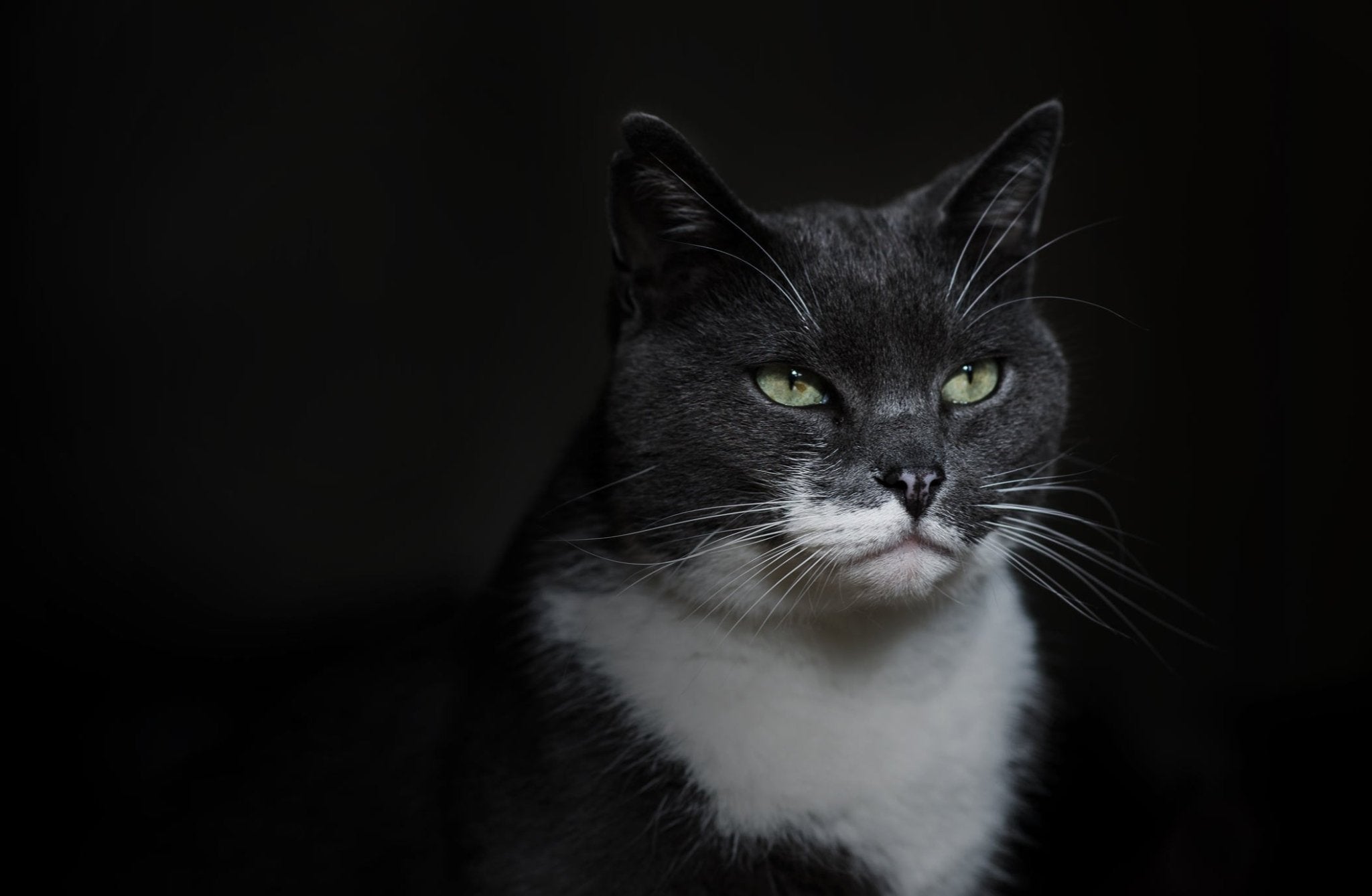


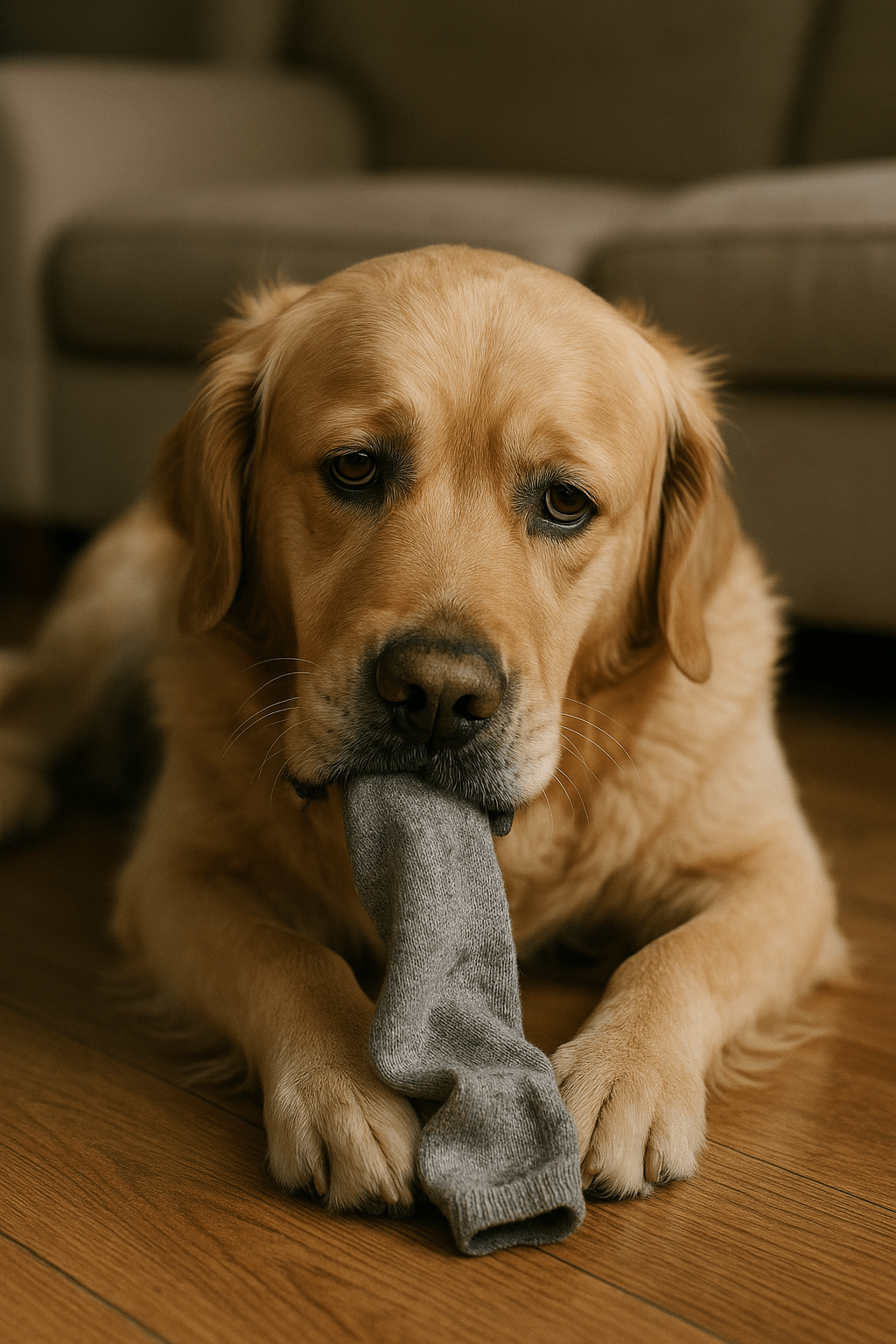
Share:
Tear Stains In Dogs - Top 10 Facts
Washing Fleas off Cats